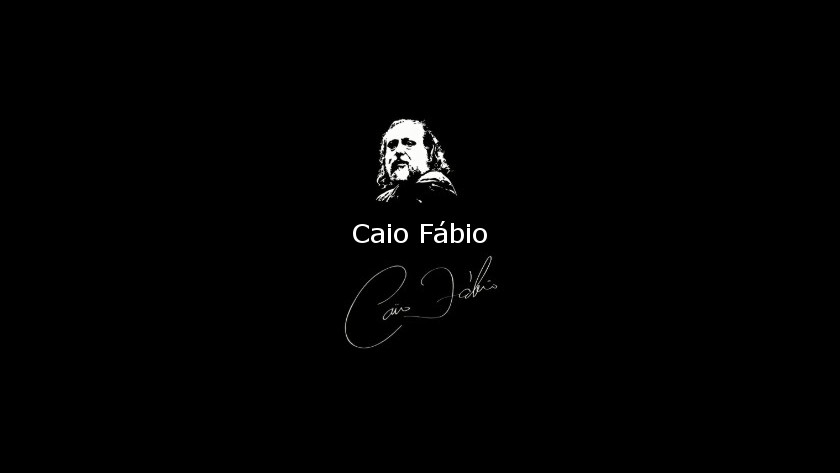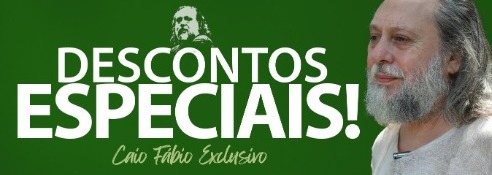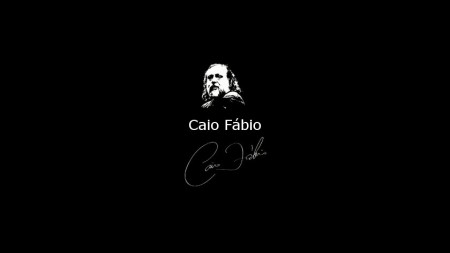
JESUS’ DEEP SMASHING SIMPLICITY
With each passing day, I am increasingly amazed at Jesus’ simplicity about everything.
He refused to deal with just about everything that philosophy and theology so fervently deal with.
About the origin of evil, he simply overlooked it regarding any “metaphysical” explanation whatever. He just said that evil exists, and dealt with it in an obviously realistic way.
The problem of pain was dealt with by him with his own hands, not words and lectures.
Social inequalities were all acknowledged, but you don’t see him setting up any movement against them.
His protests were all related to the heart’s wickedness, but they never turned into political projects, demonstrations or flags.
The “fall” is not a subject of any speculations by him. For everyone, watching its consequences was enough.
As to death, his answer was peace and eternal life.
He never tried to justify the Father from anything. He only said that he is good and just.
He told us to fight against the powers of hypocrisy and lovelessness, but never gave us any guarantees that they would be defeated on the Earth.
His utter answer to the human tragedy was nothing but the promise of his coming.
He never asked that God’s Kingdom be established outside of man, but always inside of him, because outside, for the time being, the kingdom belonged to “the prince of this world”.
He didn’t seek out any powerful person in order to help him with anything in his mission.
As an adult, he only went to the temple to preach what would abolish the meaning of the temple as a place of worship.
He made life into the sacred and made every person into an altar on which God is served in love.
He called money a “god”, but made use of it as a mere tool.
He paid taxes, but never charged anyone for anything, except for loving one’s neighbor.
To him death didn’t mean the same as it does to us. Dying wasn’t bad; living badly was.
In his teachings he always starts from the existing reality, refusing to take any journeys backward from this day.
To him the world was explainable by men’s deeds. No analyses were needed as everything was more than obvious.
He didn’t theologize about anything. And all his answers to scribes and theologians were made up of questions about life and its meaning now, always linked to what one had to be and do.
When asked where the “darnel” had come from, he just said, “An enemy did this”—referring to the devil.
He preaches the Word and doesn’t try to control it.
He sees people believe, but has no obsession to turn them into his physical-geographical followers.
He’s not in a hurry, although he knows the world needs to know his Word.
He quotes Scripture with no concerns at all about who its writers were or which the historical contexts or instances were.
From the Word he draws certainties based on one verb, “be”, referring to the fact that God is the God of the living, not of the dead, “for to him all are alive”.
He teaches that death is the foundation of life, taking its power to kill and giving it the power of the seeds that, at death, bear much fruit.
And so he goes on…
And so is in him!
In Him, to whom philosophy is a living in love,
Caio
____________________
From the original: “A SIMPLICIDADE PROFUNDA E ESMAGADORA DE JESUS”
Translated by F. R. Castelo Branco | March 2007
First posted in Portuguese on March 7, 2007

